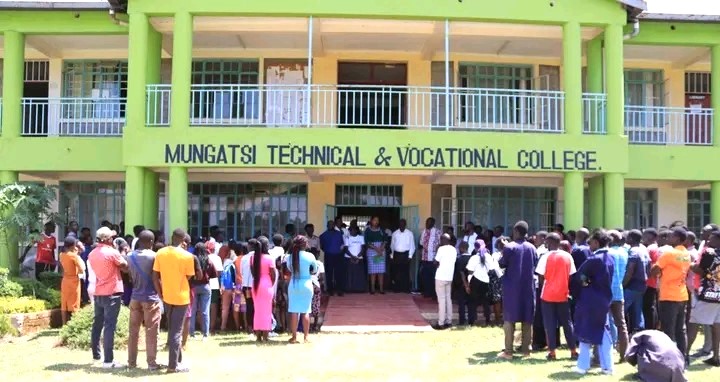The ongoing preparation of the 2024/2025 financial year budget has exposed the tension that occasionally arises between the legislature and the executive arms of the government in the prioritization of allocation of resources to various sectors.
Take for example the Principal Secretary (PS) in charge of basic education Dr Belio Kipsang being extensively quoted by the media pleading with the education and research committee of the National Assembly to appropriate Ksh4.9 billion that had been removed from the vote of the school feeding programme for vulnerable groups. The publicity of this event led to an uproar from parents and leaders across the country, leading to the amount being reinstated.
Then there is the debacle of the employment of intern teachers for Junior Secondary School (JSS). These teachers were to serve for one year before being employed on permanent and pensionable terms. The period was later extended to two years leading to the ongoing strike by the 46,000 teachers.
The strike has led the education committee to firmly push for some 26,000 interns to be employed on permanent and pensionable terms from 1st July 2024 at a cost of Ksh8.3 billion.
The committee also directed the Teachers Service Commission (TSC) to prepare and present to it the staffing norms for the JSS to enable it to project the teachers’ demands going forward.
These two events raised pertinent issues in the budget-making process.
The school feeding programme exposed Treasury for what it is – an insensitive office to the plight of poor members of society. It is clear that were it not for the intervention of the legislators, Treasury was going to ignore the pleas of the ministry even though this is a government that was voted into power by hustlers.
On the employment of interns, it became clear that first, the TSC has not been able to prepare concrete and accurate staffing norms for JSS, and presumably even the senior secondary school. How then can it project its budget for teachers’ demands for grades seven to twelve? Secondly, the TSC may have been forced by Treasury to extend the internship period to two years in order to take advantage of cheap labour that they provide. The court ruling against the TSC, the strike by the interns and the firm hand of education committee has beaten Treasury to submission.
Thirdly, the wrath and anger of parents and teachers against the TSC and the leadership of the ministry on these two issues may have been misplaced. The problem is in the Treasury that has forced the TSC and the ministry to acquiesce to it in the spirit of collective responsibility even when matters are not going well. It did not help that the teacher unions’ input on these two matters was insignificant, unfortunately.
What is the way forward on the outstanding challenges in the sector? The Julius Melly-led education and research committee may become the refuge to which parents, teachers and even the ministry and TSC run when they cannot be listened to.
These challenges include and not limited to the reduction of funding from Higher Education Loans Board (HELB), which may lead to poor students dropping out of universities; it also extends to the inadequate and delayed release of capitation to institutions at all levels of education.
Others include the infrastructural requirements of JSS, technical institutions and universities, outstanding debts in public universities, the menace of missing marks for students in the universities, and the embarrassing process of hiring and firing of vice chancellors.
The committee may also wish to investigate and change the procurement procedures of textbooks for basic education institutions. The current system was imposed by a former Cabinet Secretary in the former government. This needs to be changed to the former system in which schools were being funded directly so as to procure the books they need on their own.
On the other hand, the ministry and its institutions have to be realistic in their projects and programmes in order to come up with cost effective budgets.
YOU MAY ALSO READ:
How mental health programmes can be fitted into school routines
By Mwalimu Andrew Kibet
You can also follow our social media pages on Twitter: Education News KE and Facebook: Education News Newspaper for timely updates.
>>> Click here to stay up-to-date with trending regional stories






